Foka Wolf: The street artist aiming to give a voice to the voiceless
- Published
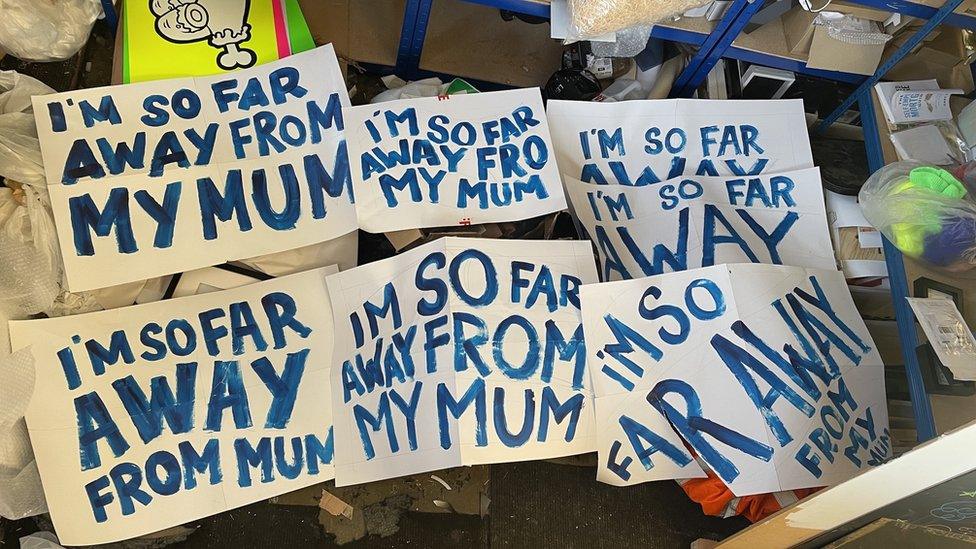
Why Are We Stuck In Hospital runs at the Ikon Gallery in Birmingham from 7 to 19 March
For those familiar with Birmingham's street art scene, the name Foka Wolf is synonymous with scathing but comic social commentary. His subversive spoof ads, posted on hoardings, windows and walls are used to highlight political and social issues. New work, aimed at giving a voice to the voiceless, will see him take part in a gallery show for the first time. He spoke to the BBC about the issues that have prompted him to do so.
The city-based artist, whose works crop up across the UK and is shared even more widely online, said he had picked "just an offensive name" when working as an illustrator. "And it stuck," said the artist, who keeps his true identity secret.
The move into subversive street posters started four of five years ago, first with a mock advert for penis enlargement, which was picked up and shared thousands of times on social media.
After seeing his work gain so much traction, "I realised I had the power to highlight some social and political issues," he said.
"Humour plays an important part," the artist added.
"If you can make them laugh and then make them think about their actions afterwards - you get them with the comedy."

The satirical artist placed a spoof sign at City Hospital to highlight privatisation
But there is nothing comedic in his new venture, highlighting the plight of disabled and autistic people stuck in the hospital system.
Some "voiceless" patients had been locked away for decades, he said.
The installation and associated billboards, Why Are We Stuck In Hospital, has been created using research carried out at the University of Birmingham in partnership with rights organisation Changing Our Lives.
There are about 2,000 autistic people or people who have learning disabilities currently detained in specialist hospitals across England, with hundreds there for more than a decade, the study found.
According to the National Autistic Society, the majority of detentions are made under the Mental Health Act 1983, despite autism itself not being a mental health disorder.
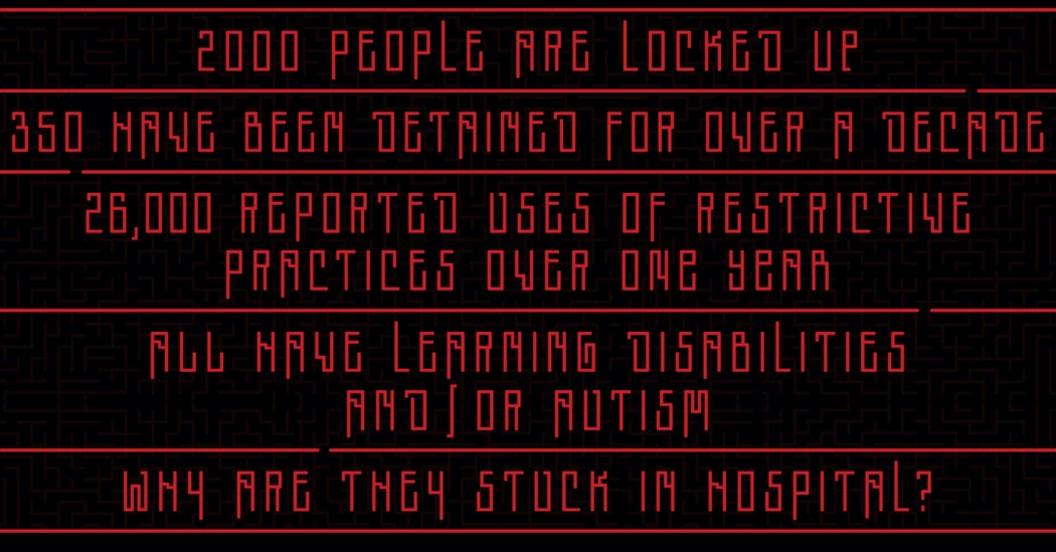
The show highlights the amount of patients with disabilities and or autism trapped in the health system
Some of the research presented by the group "blew me away", Foka Wolf said.
"The stuff that they were telling me about these people, I couldn't believe it was this century."
In 2021, a BBC Panorama investigation revealed 100 people, like Tony Hickmott, had been held in institutions for more than 20 years.
Foka Wolf's installation will feature an impossible maze, with no beginning or end, illustrating the invisibility of patients.
"Obviously a lot of my work contains humour but I felt like I couldn't put any humour in this because it's such a serious matter, so I've created something that's quite literal," the artist said.
A theatrical element had also been added to the exhibition in the hope people "spread it around".
There are a lot of statistics surrounding the issue, he said, "but I wanted to add a human aspect to the installation".
"These are people's babies, they're people's children, they're trying to get them out of this impossible situation."
A trail of billboards will also pop up in Birmingham city centre advertising the Ikon Gallery showing.
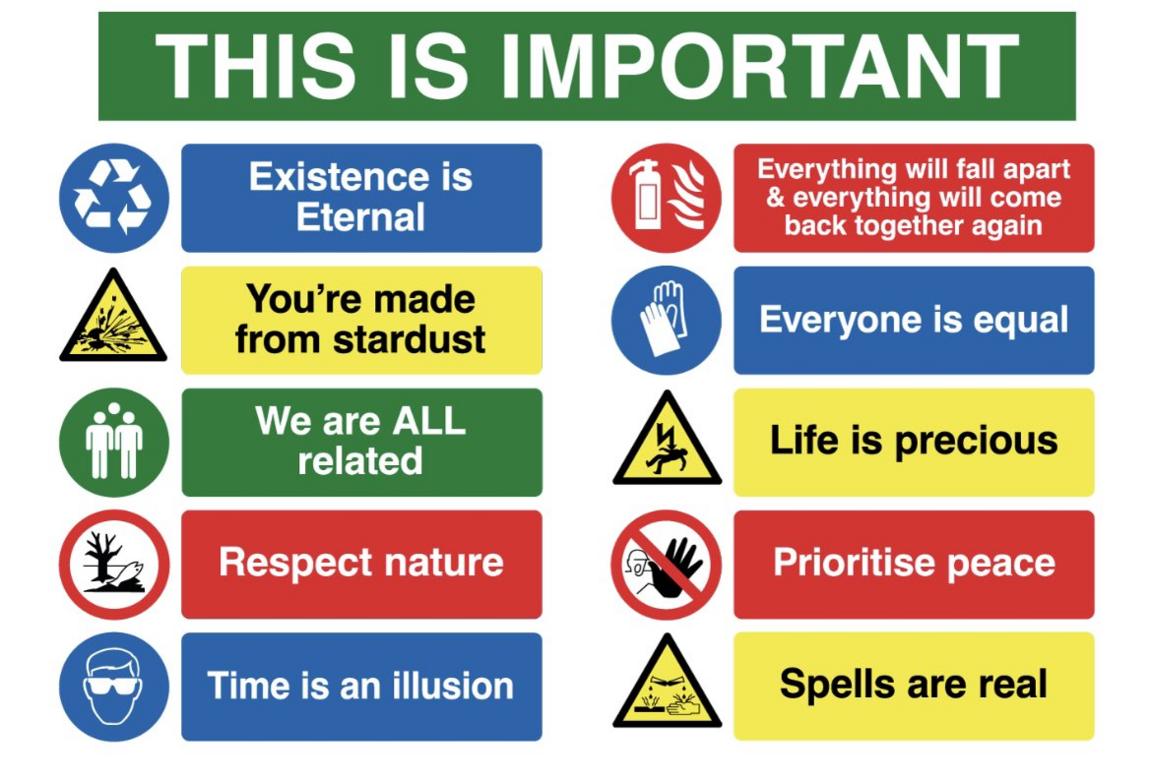
The artist serves to remind people what is important
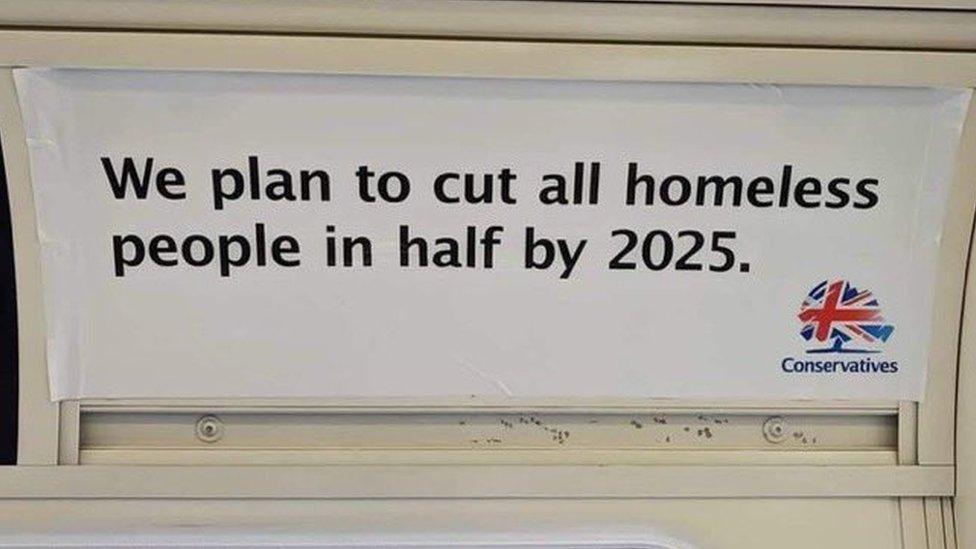
Images of the artist's work get thousands of shares on social media
Other recent works from the artist include putting a "for sale" sign up outside City Hospital in Birmingham.
The piece was inspired by a quote from outspoken intellectual and activist Noam Chomsky, about the "standard technique of privatisation", he explained.
"Defund, make sure things don't work, people get angry, you hand it over to private capital," the sign read.
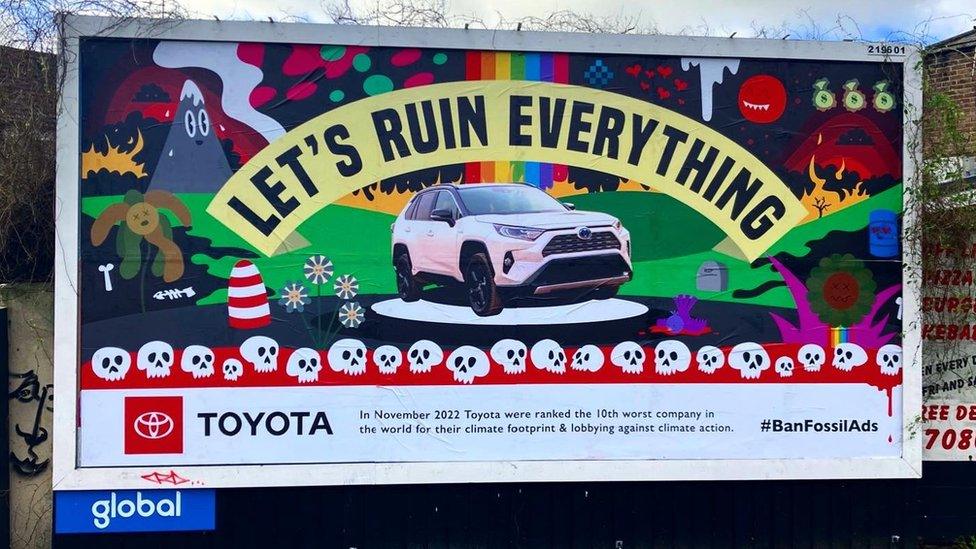
A parody campaign by Brandalism across Europe took a swipe at lobbying tactics by big car firms
The artist's work also featured in a January campaign on hundreds of billboards by the group Brandalism, taking aim at the car industry for lobbying tactics.
The group took over 400 advertising spaces across 15 European towns and cities to coincide with the European Motor Show's 100th anniversary.
The campaign had been a "big success" at highlighting the issue, the artist said.
Responding to criticism at the time, Toyota said it had been working to reduce its environmental impact for decades, in areas including greenhouse gases, air quality, water and materials reduction, reuse and recycling, and biodiversity.
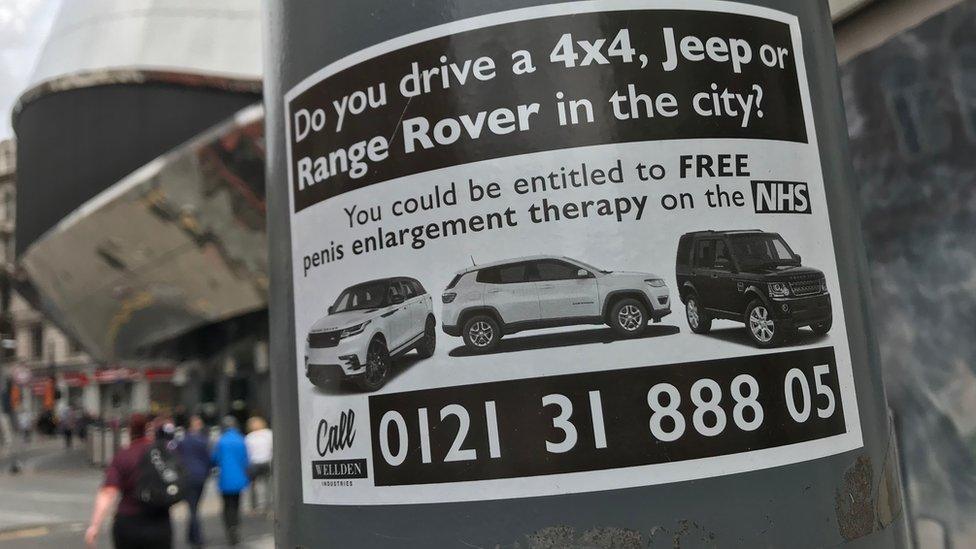
All sections of society are targets for the artist
Despite the illegal nature of his work, Foka Wolf often puts his posters up in the daytime, wearing a high-vis jacket.
"About 10:30 is a brilliant time in the morning," he explained. "No-one has ever given me a second glance."
With more than 57,000 Instagram followers, and 10,000 on Twitter, the works then take on a life of their own online, he said.
"It's funny seeing stuff that's been alive in a sketchbook or in my head and releasing it into the real world."
Birmingham has recently seen a "big push of creativity" with people such as Cold War Steve and comedian Joe Lycett cutting through on the national stage, said the artist.
"I think everyone's coming out of their shell.
"People are now proud to say they are from here because of the confidence that's going on."
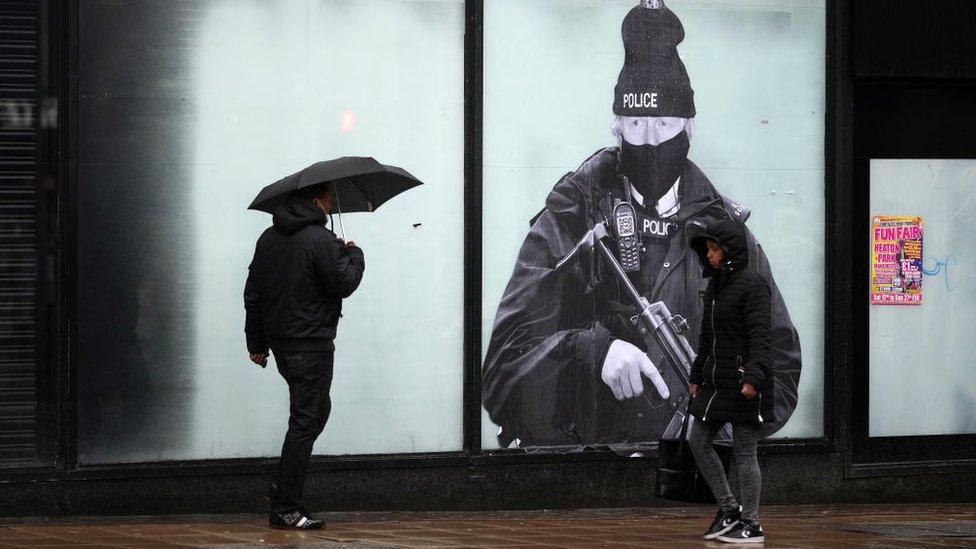
A Boris Johnson artwork created by the artist in Manchester
Why Are We Stuck in Hospital is a project conducted by the School of Social Policy at the University of Birmingham in partnership with Changing Our Lives.
It will run at the Ikon Gallery in Brindley Place, Birmingham, from 7 to 19 March with a free event at The Exchange in Centenary Square on 7 March.

Follow BBC West Midlands on Facebook, external, Twitter, external and Instagram, external. Send your story ideas to: newsonline.westmidlands@bbc.co.uk, external
- Published4 October 2022
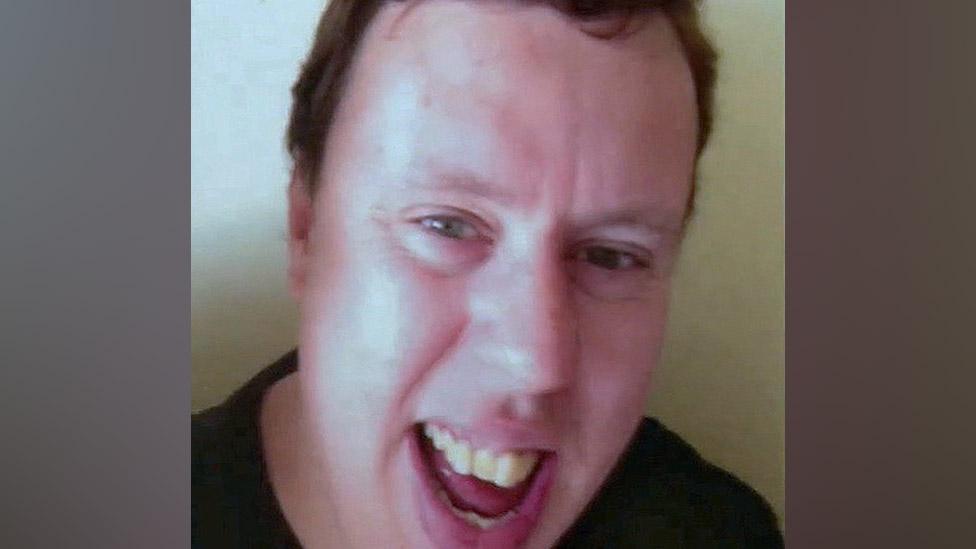
- Published24 November 2021
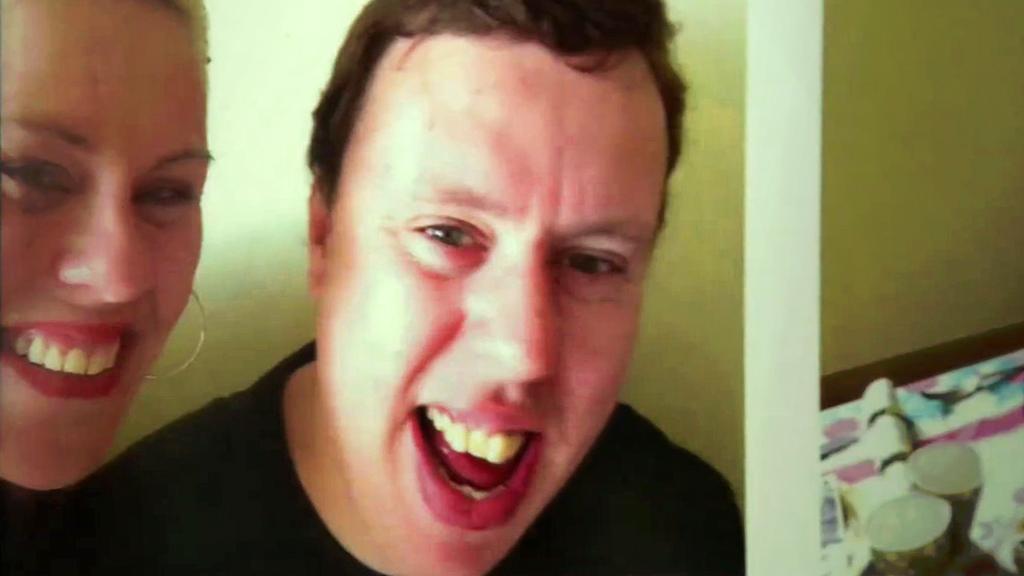
- Published21 December 2021

- Published15 August 2022
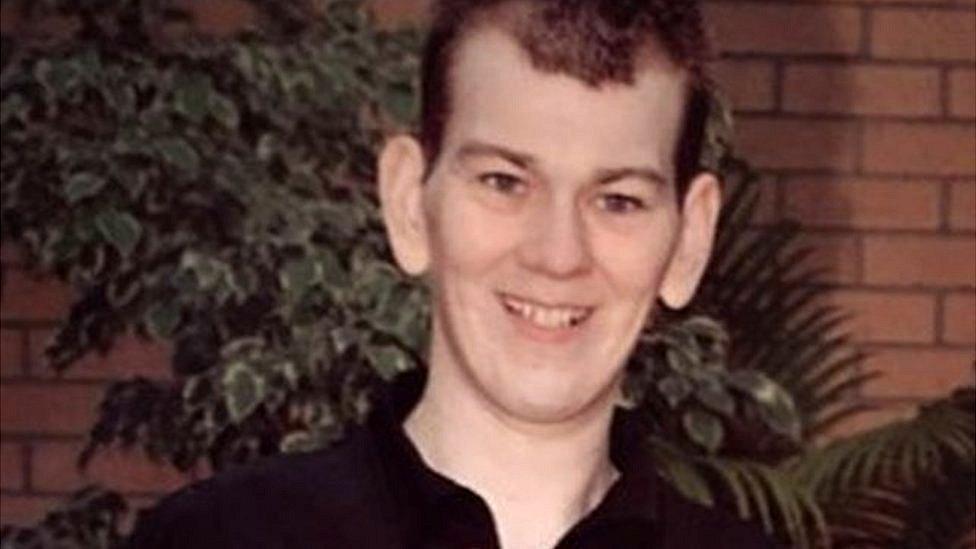
- Published10 November 2018
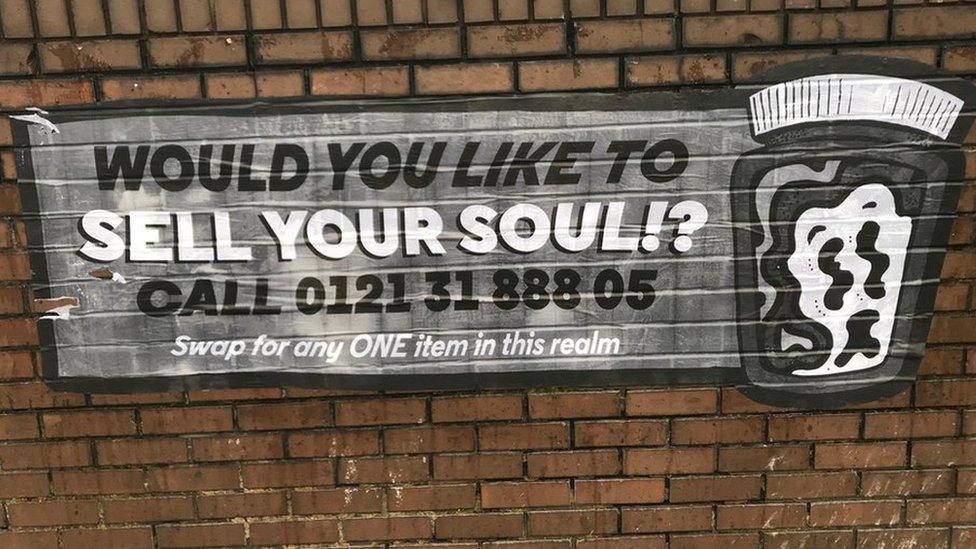
- Published16 January 2023
